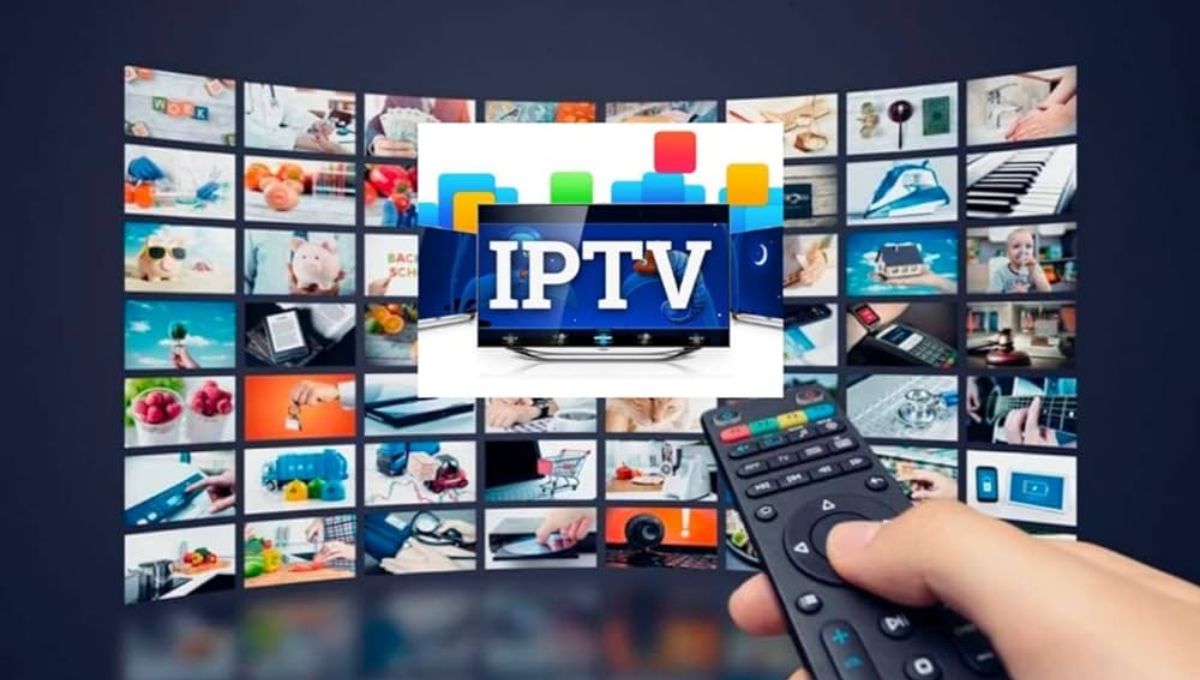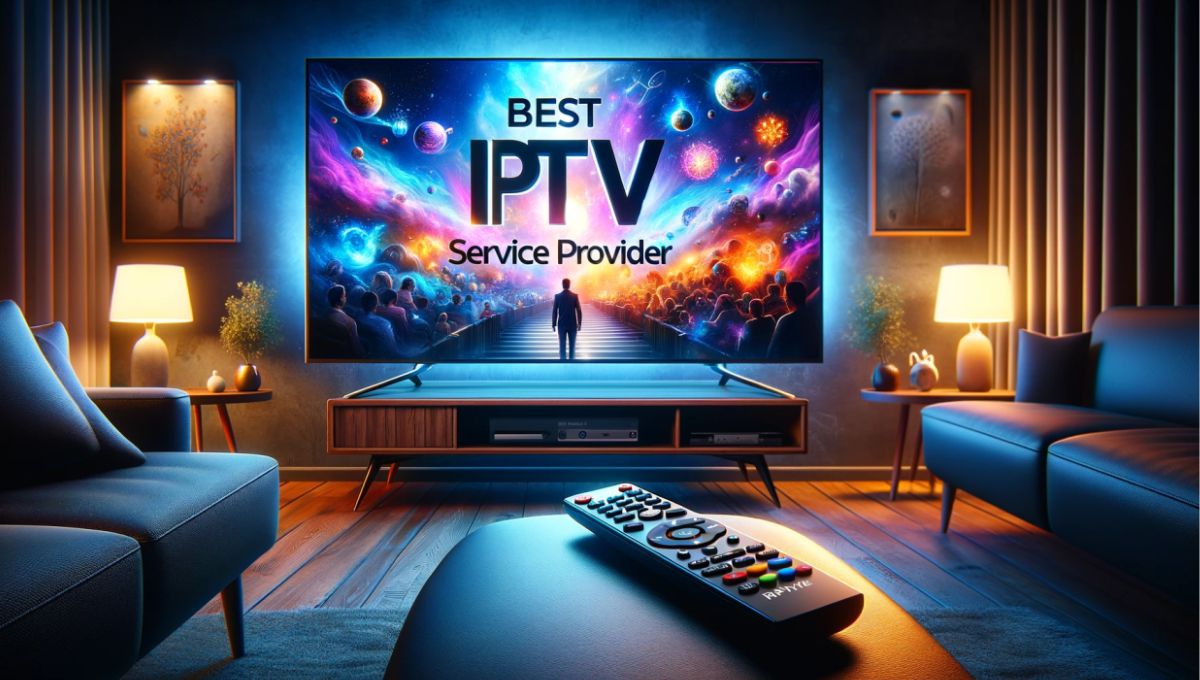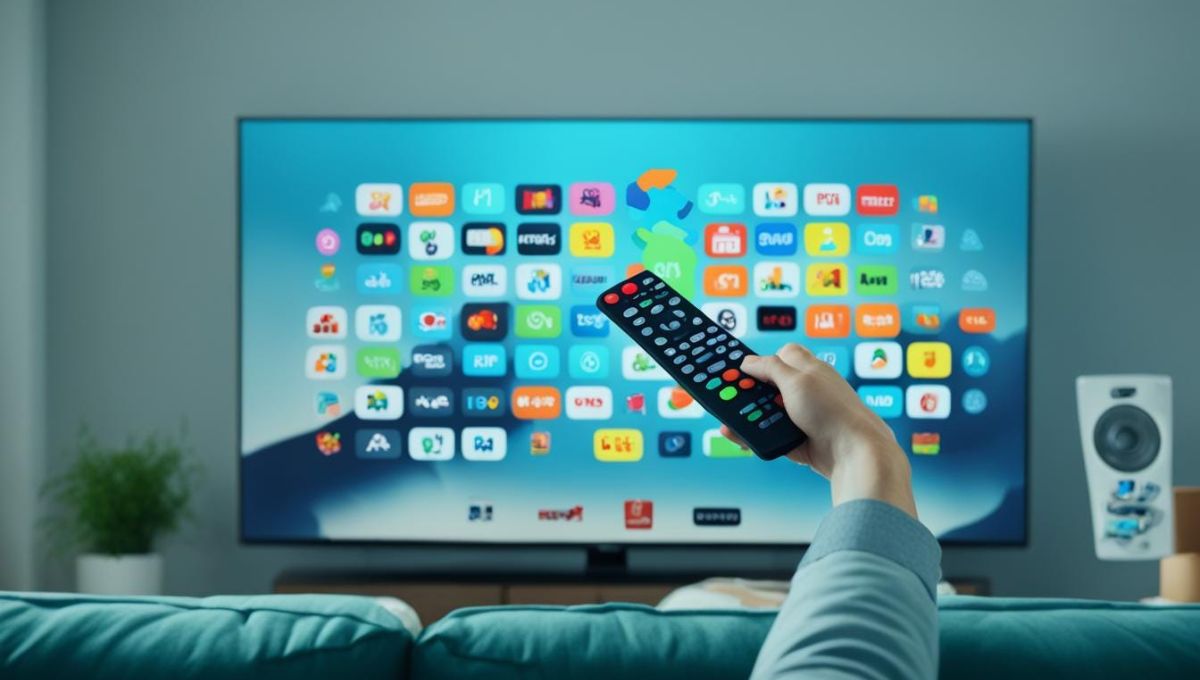What is IPTV?
IPTV Stands for Internet Protocol Television. IPTV is an online method of providing users with television or video material. From the introduction of black-and-white sets to the growth of high-definition displays, television has experienced amazing changes throughout the years.
Internet Protocol Television (IPTV) is one of the biggest technological advances of the last few years; it has completely changed how we watch and engage with television.
With its many benefits and potential for viewers, IPTV is a fusion of internet technology and conventional broadcasting. Let’s examine IPTV’s definition, operation, and effects on both viewers and the television business.
Understanding IPTV:
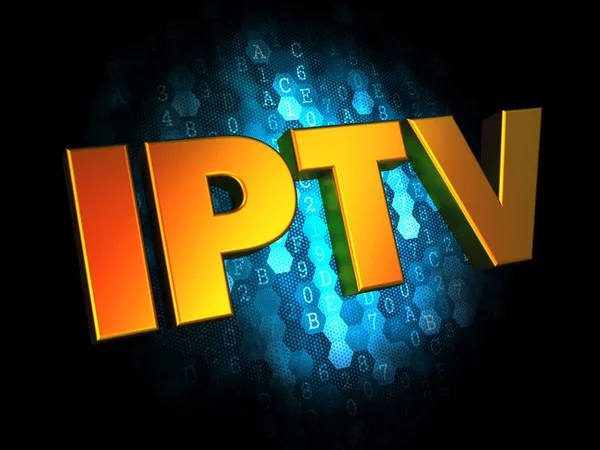
Rather than utilizing more conventional means like cable, satellite, or terrestrial television, IPTV allows consumers to watch media content online via Internet Protocol (IP) networks.
IPTV sends these signals over broadband internet connections, as opposed to traditional broadcasting, which uses cables or satellite signals to provide content to households. Through IP networks, this technology gives consumers access to TV channels, video-on-demand (VOD) services, and other multimedia material.
How IPTV Works:
To provide smooth multimedia streaming to customers’ devices, IPTV uses a variety of technologies and protocols. This is a condensed description of IPTV’s operation:
1. Content Acquisition: Broadcasters and content creators are among the many sources from which content providers obtain television channels and multimedia material.
2. Encoding and Compression: Before being streamed, the content is compressed and encoded into IP network-compatible digital forms. By reducing file sizes, this compression ensures effective internet transmission.
3. Content Delivery: After the material has been compressed, it is sent via IP networks to consumers’ PCs, smart TVs, set-top boxes, and mobile devices.
4. User Interaction: Through specialized apps or devices with IPTV capabilities, viewers may access IPTV services. They can employ remote controllers or user interfaces to choose programs, browse channel lists, and manage playback.
5. Quality of Service (QoS): To guarantee uninterrupted streaming for customers, IPTV operators work hard to uphold strict QoS criteria. This entails controlling latency, enhancing video quality, and allocating network bandwidth.
Impact of IPTV:
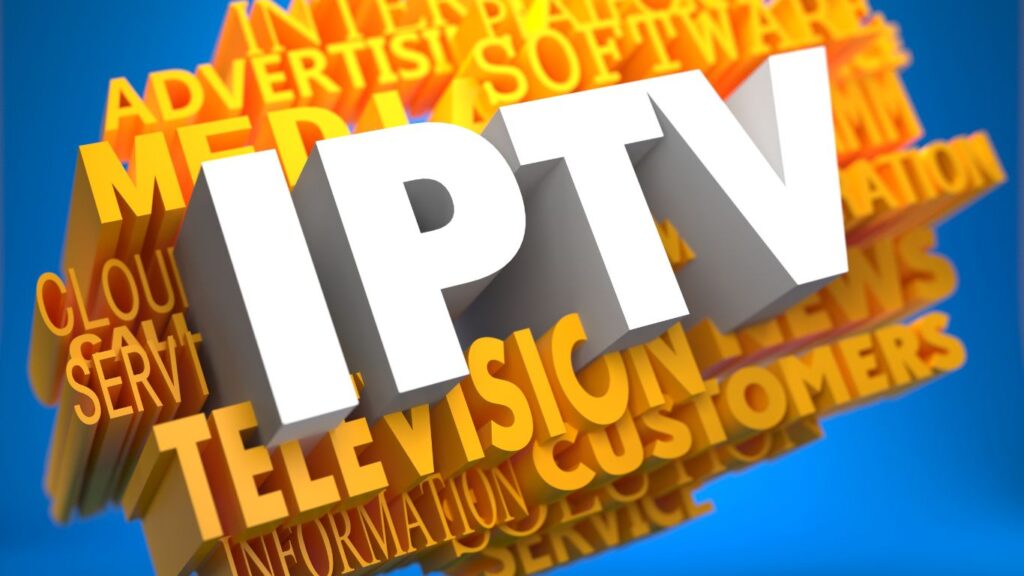
The television business and consumers have both been significantly impacted by the rise of IPTV:
1. Increased material Options: To accommodate a wide range of likes and preferences, IPTV provides a huge selection of channels and on-demand material. Viewers can access premium services, specialized material, and overseas channels that aren’t always available on traditional broadcast platforms.
2. On-Demand Viewing: IPTV’s VOD services provide customers the freedom to watch shows whenever it’s convenient for them. With the ability to pause, rewind, and fast-forward video, they can customize their watching experiences to fit their schedules.
3. Interactive Features: Parental controls, electronic program guides (EPGs), and recommendation algorithms are just a few examples of interactive features that IPTV platforms frequently include. These improvements improve customization and user interaction, which improves the watching experience.
4. Global Reach: IPTV allows users to access content from all around the world, regardless of their location. Television content is becoming more globally distributed, which exposes viewers to a wider range of programming and promotes diversity and cross-cultural exchange.
5. Disruption of Traditional Broadcasting: By undermining the dominance of cable and satellite providers, IPTV has upended traditional broadcasting structures. Traditional broadcasters must innovate and adapt as more viewers choose internet-based television services to stay competitive.
6. Convergence with OTT Services: With the rise of IPTV, over-the-top (OTT) streaming services like Netflix and Amazon Prime Video have also become more widespread. By blending online streaming with traditional television, this convergence provides customers with a seamless entertainment experience.
Problems and Prospects for the Future:
Although IPTV has many advantages, it also has drawbacks, such as piracy, network congestion, and regulatory obstacles. Furthermore, maintaining dependable quality of service (QoS) is crucial for IPTV providers to keep their customers happy.
With that in mind, IPTV is well-positioned for future expansion and innovation. Technological innovations including augmented reality (AR), 5G networks, and ultra-high definition (UHD) programming could improve IPTV. Furthermore, IPTV’s development and the direction of entertainment in the future will be influenced by the continuous convergence of television, the internet, and telecommunications.
To sum up, IPTV is a game-changer for television since it gives users access to material and interactive features never before possible. IPTV is at the leading edge of this digital revolution, bringing in a new era of television consumption and participation as the lines between traditional broadcasting and internet streaming continue to blur.
FAQs
1. How does IPTV operate?
Encoding television programming into digital formats that are compatible with IP networks is how IPTV operates. Then, users’ devices—smart TVs, set-top boxes, PCs, or mobile devices—receive this material over broadband internet connections. With specialized apps or IPTV-capable gadgets, users can access channels, video-on-demand services, and other multimedia material.
2. To what extent is IPTV secure?
Several security measures are put in place by IPTV services to safeguard user information and stop illegal access. These could include content protection techniques, safe authentication procedures, and encryption systems. To reduce security threats, consumers should be cautious and select reliable IPTV providers.
3. What benefits does IPTV offer?
. Increased content options with access to a large variety of channels and on-demand material are some benefits of IPTV.
. On-demand viewing gives viewers the flexibility to choose when and how to watch shows.
. Parental controls, electronic program guides (EPGs), and recommendation algorithms are examples of interactive features.
. Worldwide reach, allowing users to access material from any location in the world.
. Disruption of established broadcasting models, encouraging industry rivalry and innovation.
4. Does IPTV have legal status?
Depending on the jurisdiction and the content being viewed, IPTV services have different legal statuses. Although a lot of IPTV services give users legal access to licensed content, some might give them illegal access to copyrighted content. To stay out of trouble with the law, users should make sure they are using legitimate IPTV services.
5. Is it possible to watch live TV via IPTV?
Yes, in addition to on-demand programming, IPTV customers can watch live TV stations. A variety of live channels, including news, sports, entertainment, and foreign programs, are available on many IPTV providers.

